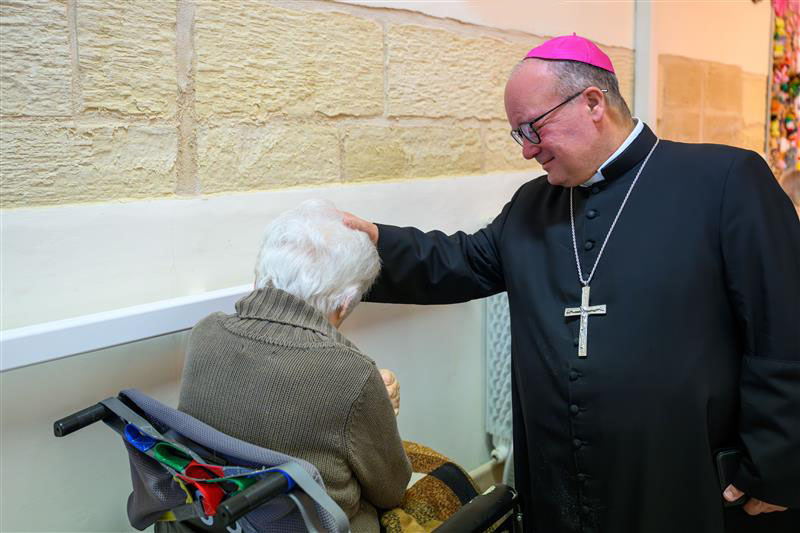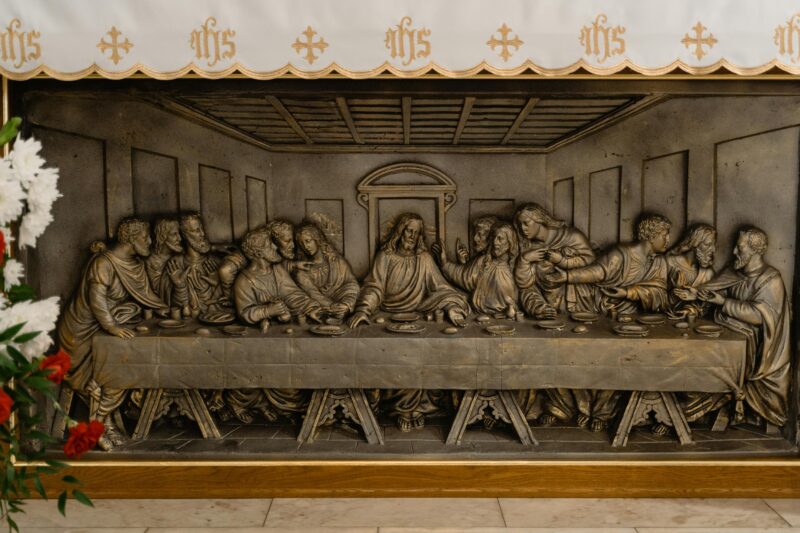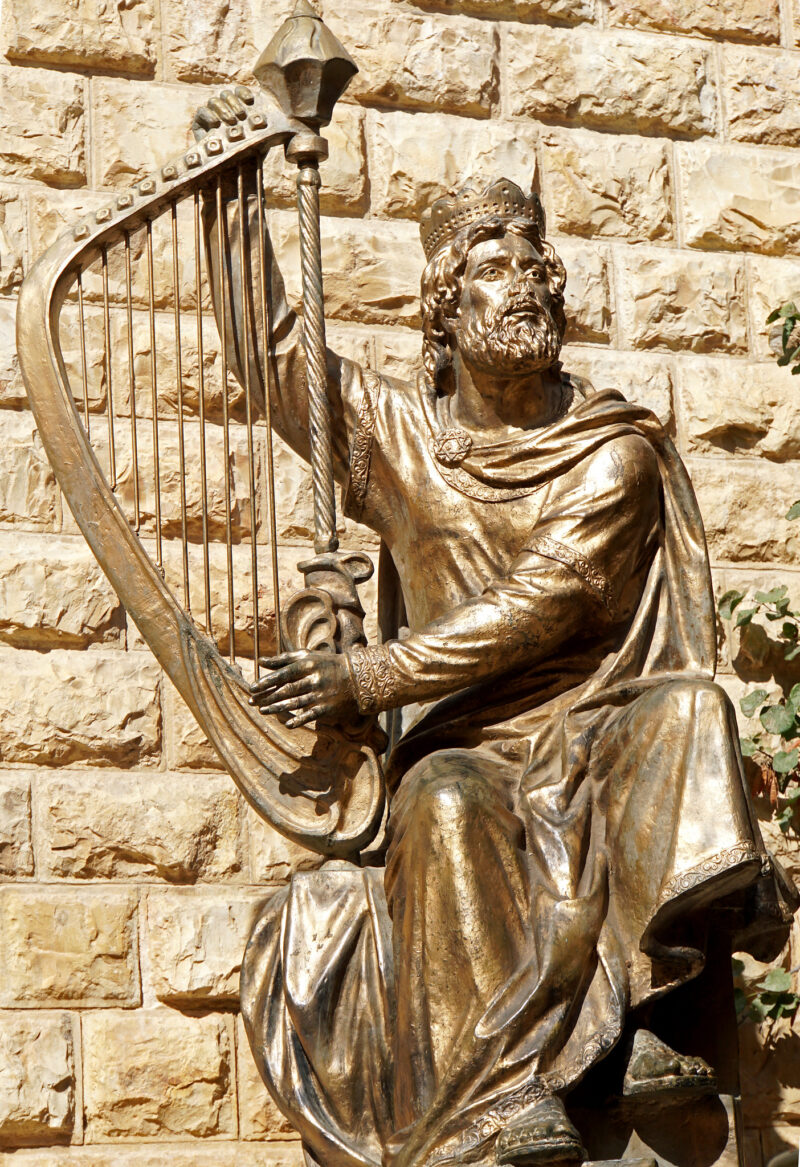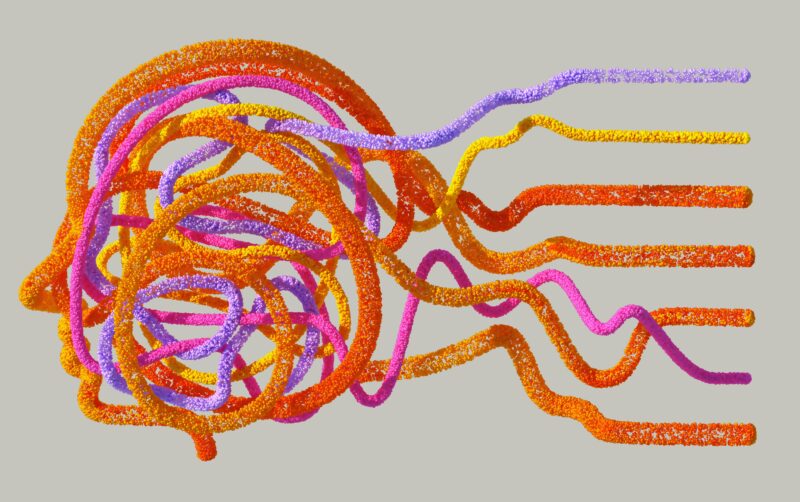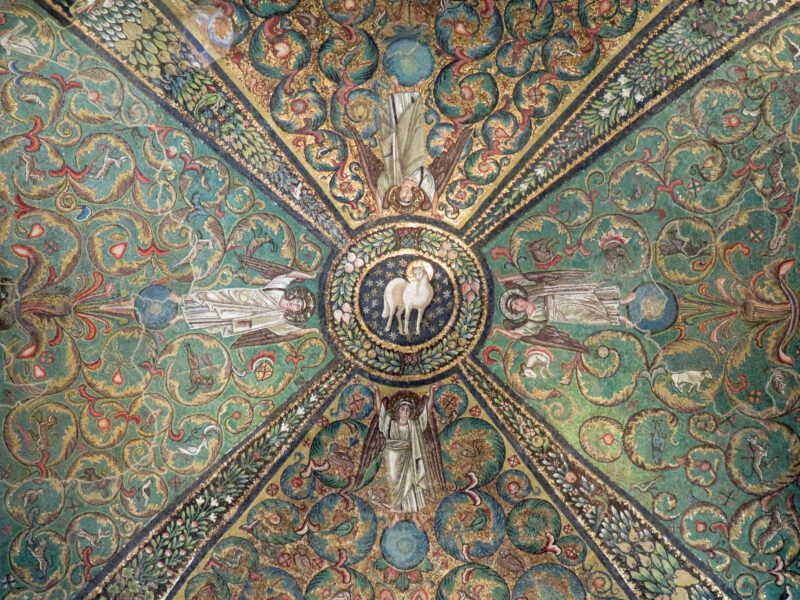This course equips pastoral workers, Eucharistic ministers, and volunteers with the practical skills and spiritual sensitivity needed for Catholic pastoral care in elderly homes. It emphasizes leading prayer moments, distributing Holy Communion, and visiting the elderly, including hospital settings and room-to-room ministry. Participants will develop a compassionate, Christ-centred approach rooted in Catholic teaching and pastoral practice.
• Volunteers in elderly homes
• Lay pastoral workers
• Parish volunteers
• Religious sisters or brothers serving in care homes
• Seminarians in pastoral formation
Target Audience Age: 18+
The course will take place on Mondays from 6:00pm to 8:00pm at Ta’ Mlit Pastoral Centre, Mosta.
Students have the option to join this course online via Zoom.
| Date | Session |
| 16th February 2026 | Foundations of Catholic Pastoral Care |
| 23rd February 2026 | Spiritual Needs of the Elderly and Hospital Patients |
| 2nd March 2026 | Leading Moments of Prayer |
| 9th March 2026 | Room-to-Room Visits and Hospital Ministry |
| 16th March 2026 | Ministering Holy Communion |
| 23rd March 2026 | Pastoral Challenges and Ethical Considerations |
This course has three exit certificate options:
1. Certificate of Attendance
The student will receive a Certificate of Attendance when attending a minimum of 80% of all contact hours for this course
2. Certificate of Participation
The student will receive a Certificate of Participation when (in addition to meeting the attendance criteria above) they successfully complete a short online assessment.
3. Certificate of Achievement
The student will receive a Certificate of Achievement when (in addition to meeting the attendance criteria above) they successfully complete all assessments, including a written assignment.
Language: Applicants must be proficient in both Maltese and English.
Digital: Applicants must be digitally literate particularly, in use of office suites and internet access.



